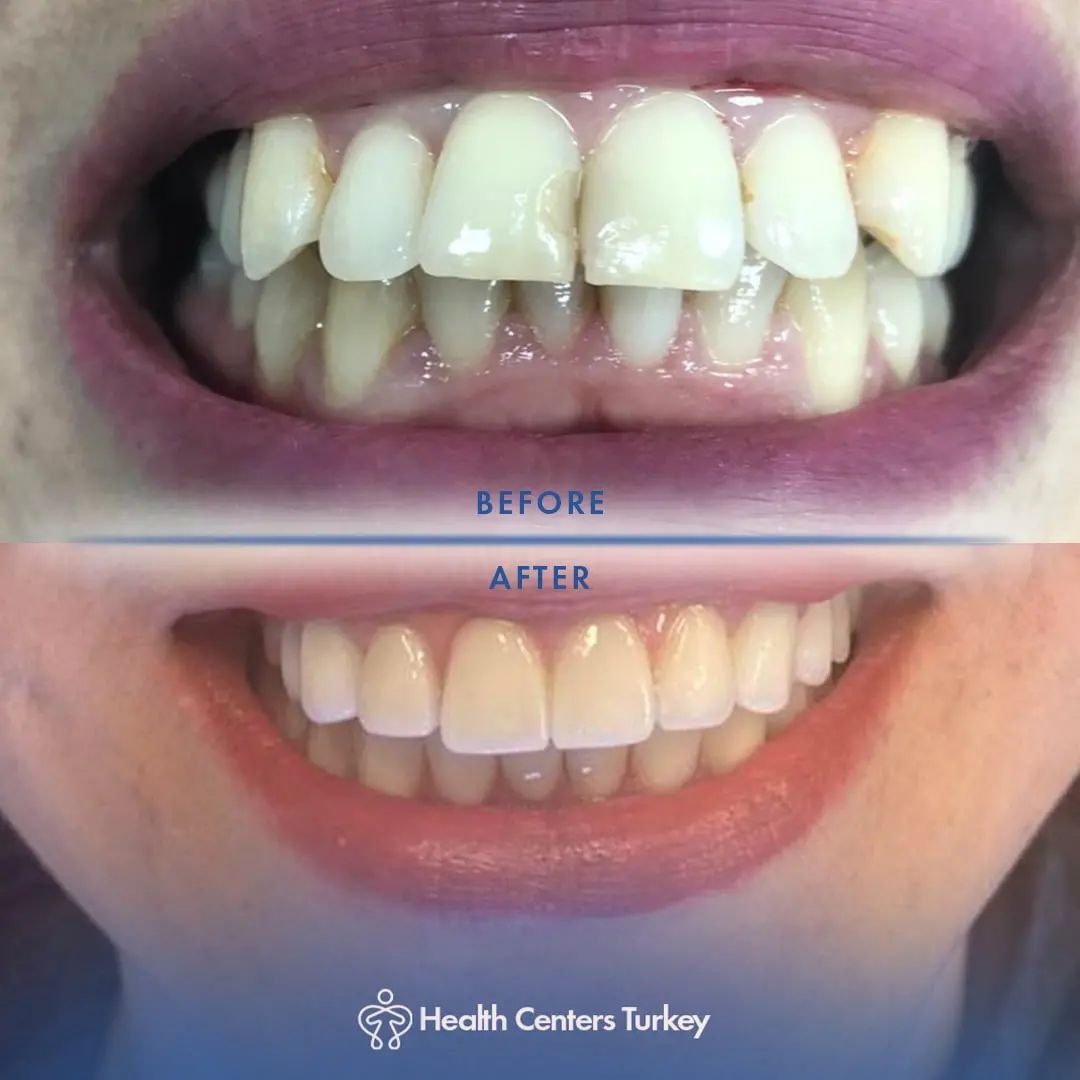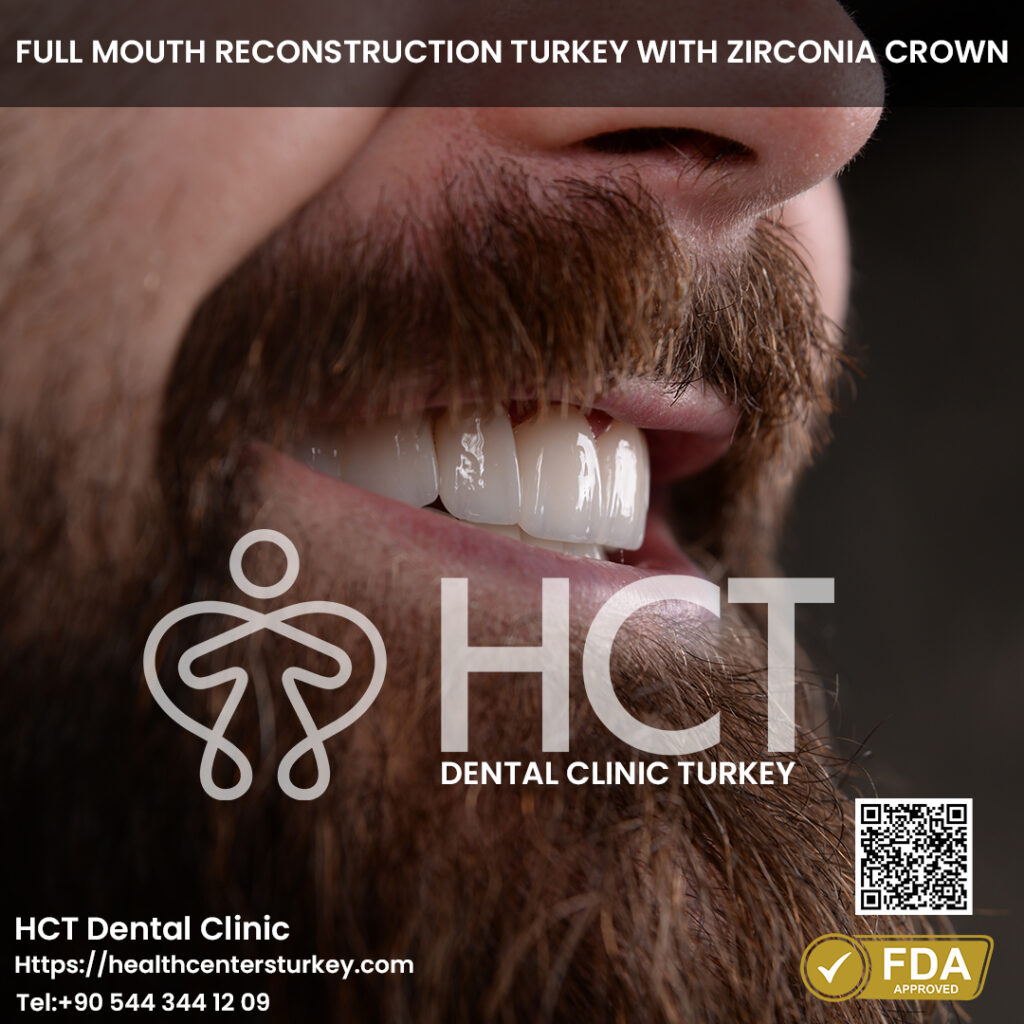Remarkable Dental Services Focused on Patient Comfort

Dental implants have become a focus in modern dentistry, providing a dependable answer for these going through tooth loss. Among the a number of advantages they offer, one significant side worth contemplating is their impact on adjacent teeth. Understanding how dental implants affect surrounding teeth aids in making knowledgeable selections about oral health.
When a tooth is misplaced, neighboring teeth can easily shift towards the space left behind. This motion can result in misalignment, which compromises the general chunk and function of the mouth. Dental implants mimic natural tooth roots, thereby sustaining the place of adjacent teeth.
High-Standard Oral Care Procedures for Tourists in Turkey
The stability provided by an implant is essential, because it helps in preserving not just the bodily alignment but also the structural integrity of the jawbone. When a tooth is missing, the underlying bone can begin to deteriorate as a result of lack of stimulation. An implant exerts strain on the bone throughout chewing, much like a natural tooth, which promotes bone health.
In some cases, a bridge or partial denture may be considered as an alternative to implants. While these choices may restore some performance, they'll place additional stress on neighboring teeth. Bridges often require submitting down the encompassing teeth to accommodate the anchors, thereby affecting their health over time. Dental implants, however, do not alter existing teeth, making them a extra conservative choice.
Access High-Quality Dental Implants for Great Value
Hygiene turns into another critical issue when considering adjacent teeth in the context of implants. With dental implants, the person can maintain an everyday hygiene routine similar to natural teeth. Flossing and brushing across the implant are simple, making certain that the gum tissue stays wholesome and minimizing the danger of gum disease that would adversely have an effect on adjacent teeth.
Moreover, the materials used in dental implants are biocompatible. This means they're designed to combine nicely with the body, decreasing the possibilities of an opposed response. This attribute not only makes the implant safe but also protects nearby teeth from potential issues that would arise as a end result of contamination or infection.
In terms of aesthetics, dental implants supply a natural appear and feel, carefully resembling authentic teeth. Adjacent teeth profit from this aesthetic enchantment as nicely. When an implant is positioned, the encircling gum tissue may be formed to imitate natural contours, thereby enhancing the general appearance of the smile. This aesthetic issue can encourage people to spend cash on their oral care routines, benefiting each the implants and adjacent teeth in the long term.
Health Tourism: Experience Affordable Care in Turkey
Another concern is the potential for gum disease, which may affect the health of adjacent teeth. Gum disease can happen when plaque builds up round teeth and implants. Regular dental visits and acceptable oral hygiene can mitigate this concern. The presence of implants also can function a motivator for better dental hygiene practices, as individuals become more aware of maintaining their overall mouth health.
Studies have proven that dental implants can contribute to a major enchancment in quality of life. Patients typically experience increased confidence and are less hesitant to smile or have interaction in social interactions. A wholesome and well-maintained smile not directly promotes better care for adjacent teeth, as individuals are inclined to become extra conscious of their general oral hygiene.
One often-overlooked aspect cost for a full set of dental implants is the psychological impact of dental implants on sufferers. Knowing that implants supply long-term solutions can ease the anxiety associated with tooth loss. With fewer worries about future tooth shifts, sufferers usually tend to make investments effort and time into caring for their teeth, which includes adjacent teeth.
In conclusion, dental implants function more than only a answer for missing teeth; they play a pivotal role in sustaining the health and integrity of adjacent teeth. From preventing misalignment to selling gum health and enhancing aesthetics, the advantages are manifold. By opting for implants, people can not solely restore functionality but additionally foster a healthier oral environment for surrounding teeth. The psychological and aesthetic advantages further contribute to an total enhanced quality of life.
Enjoy High-Quality Cosmetic Treatments at Turkey at Competitive Prices
In the long term, understanding how dental implants have an effect on adjacent teeth can information individuals in making empowered choices relating to their dental health. The integration of these implants into the mouth acts as a stabilizing pressure, safeguarding both the bodily alignment and functionality of neighboring teeth, whereas promoting a long-lasting, wholesome smile.
- Dental implants typically don't exert strain on adjacent teeth, maintaining their integrity and decreasing the risk of shifting or misalignment.
- The placement of an implant usually encourages better oral hygiene habits, positively influencing the health of adjacent teeth by way of improved cleaning practices.
High-quality Veneers for a Stunning Smile in Turkey
- In some instances, dental implants can stimulate the encompassing bone, which helps preserve the natural teeth's place and general dental structure.

- The gap left by missing teeth can result in bone loss; dental implants can prevent this, thereby protecting adjacent teeth from potential problems.
- Full-Service Cosmetic Solutions offered in Turkey for a Beautiful Smile
Tips for Dental Procedures in Turkey
- By restoring the function of a missing tooth, implants assist distribute chunk forces evenly, decreasing wear and stress on neighboring teeth.

- Properly placed dental implants can act as a support structure, stopping undesirable movement of adjacent teeth resulting from tooth loss.
- The presence of an implant may improve the aesthetic appearance of surrounding teeth by filling in gaps and supporting facial structure.
Cosmetic Procedures Available in Beautiful Turkey
- Dental implants get rid of the need for adjacent teeth alteration, not like bridges, which require reshaping the nearby teeth for support.
- Implants also reduce the risk of gum disease in comparison with different tooth replacement choices, not directly benefiting adjacent teeth by selling general oral health.
Extensive Dental Treatment Packages for Every Budget.
- Long-term success of dental implants is linked to the health of surrounding teeth, emphasizing the importance of regular dental check-ups and maintenance.
How do dental implants affect adjacent teeth?
Life-Changing Dental Care Experiences for Travelers
What are dental implants and how do they work with adjacent teeth?undefinedDental implants are artificial tooth roots placed into the jawbone to support replacement teeth. They don’t have an effect on adjacent teeth instantly, as they're impartial buildings. Instead, they might help maintain the integrity of surrounding teeth by preventing bone loss.
Can dental implants cause harm to adjacent teeth?undefinedIf positioned appropriately, dental implants should not harm adjacent teeth. However, improper placement can result in points like misalignment or strain, emphasizing the importance of choosing an skilled dental skilled.
Will dental implants promote bone progress around adjacent teeth?undefinedYes, dental implants assist stimulate the jawbone, which might encourage bone progress. This can benefit adjacent teeth by maintaining bone density and stability within the area.
Efficient Dental Solutions for Busy Travelers
Should I fear about gum disease affecting adjacent teeth after getting an implant?undefinedGood oral hygiene is essential after getting an implant. Gum disease can still have an effect on adjacent teeth, however a correctly maintained implant does not increase that risk. Regular dental visits may help monitor and keep gum health.
What happens to adjacent teeth if I lose a dental implant?undefinedIf a dental implant fails or is misplaced, adjacent teeth might shift due to modifications look at these guys in bite alignment and assist structure. This might lead to misalignment or further tooth loss if not addressed.
Are there any special care requirements for adjacent teeth after getting implants?undefinedMaintaining good oral hygiene practices, together with common brushing, flossing, and dental check-ups, is important for each dental implants and adjacent teeth to stop decay and gum disease.
Qualified Dentists Providing Trusted Care in Turkey
Do dental implants assist help adjacent teeth when chewing?undefinedAbsolutely. Implants can improve total bite operate, which may alleviate stress on adjacent teeth during chewing. This can result in better distribution of forces, selling oral health.
How can I prevent complications with adjacent teeth and implants?undefinedConsistent dental care, together with professional cleanings and examinations, common brushing and flossing, and following your dentist’s aftercare instructions, are key to stopping problems.
Can adjacent teeth move if I really have a dental implant?undefinedAdjacent teeth may transfer if they are not well-supported, especially after tooth loss. A dental implant helps preserve the structure, reducing the chance of shifting teeth.